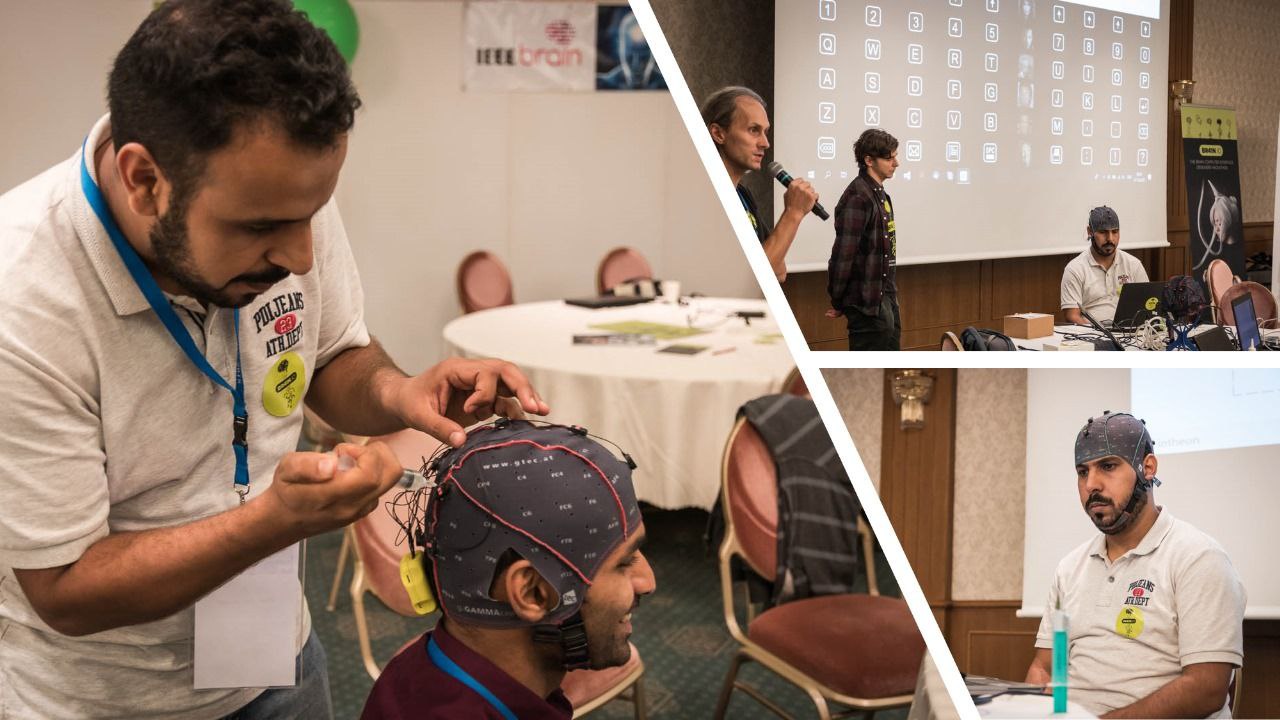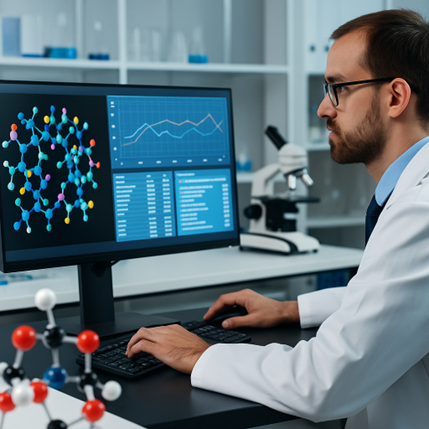Computational Sciences and Molecular Simulation (CSMS) Research Centre
The CSMS Research Centre, founded by Dr Heider Abdulhussein, Dr Karrar Al-Ameed, and Dr Nadia Ezzat Al-Kirbassee with support from the University of Warith Al-Anbiyaa, is Iraq’s first national centre focused on using computers to study molecules. Instead of relying only on lab experiments, the centre uses digital tools and simulations to help researchers understand how molecules behave—making scientific discovery faster, cheaper, and more accessible.
Even with limited resources and technical challenges, the team built their own computer systems, created Arabic-language learning materials, and introduced these tools into university classrooms. In just its first year, CSMS started exciting projects like developing new antiviral medicines, designing smart materials, and exploring clean energy solutions. They also trained students, published research internationally, and made helpful resources in both Arabic and English.
Looking ahead, CSMS plans to grow, partner with global institutions, and keep changing the way science is taught and explored in Iraq—bringing the future of research closer to home.
Leadership
This project / research initiative is proudly led by three Iraqi scholars:
A/Prof. Dr. Heider Abdulrazzaq Abdulhussein
PhD at University of Birmingham, UK
Completed his postdoctoral fellowship at Pázmány Péter Catholic University in Hungary, funded by the prestigious ICGEB SMART Fellowship, which promotes excellence and mobility in life sciences research
A/Prof. Dr. Karrar Abd Ali Saeed
PhD at University of Oxford, UK
Completed his postdoctoral research at the University of Zurich in Switzerland, under the Swiss Government Excellence Fellowship, a globally competitive program supporting outstanding international researchers
A/Prof. Nadia Ezzat Al-Kirbassee
PhD, University of Kufa, Iraq
Completed fellowship at the University of Oxford, UK.
Link 1: Publications of Computational Sciences and Molecular Simulation (CSMS) ResearchCentre
Link 2: Building Capacity Through Collaboration
Link 3: Educational Materials: Empowering the Next Generation of Scientific Talent
Link4: Advancing Scientific Research: Supporting Iraq’s Future through Global Collaboration
Link5 : Dr. Karar on Cutting-Edge Science Shaping Iraq's Future
More

